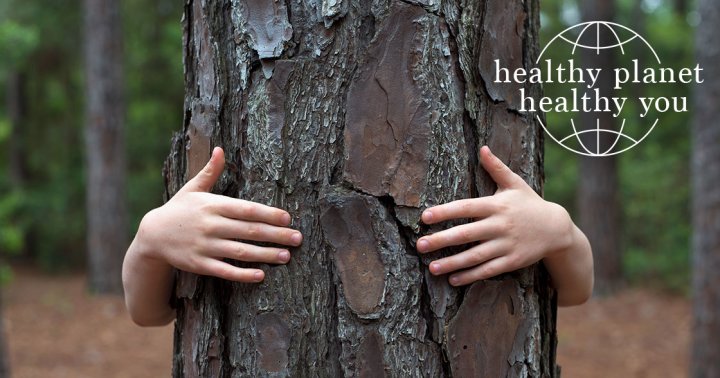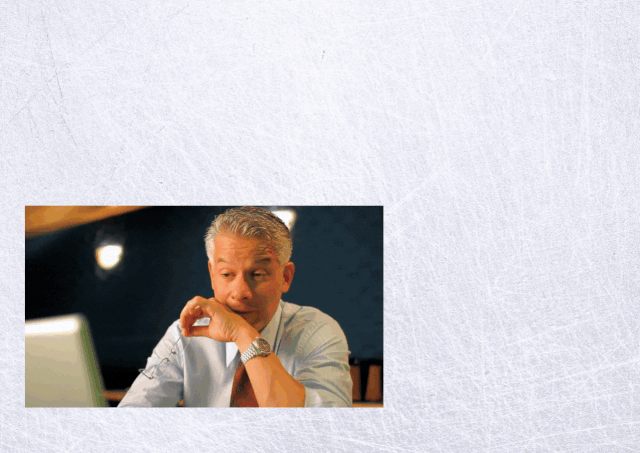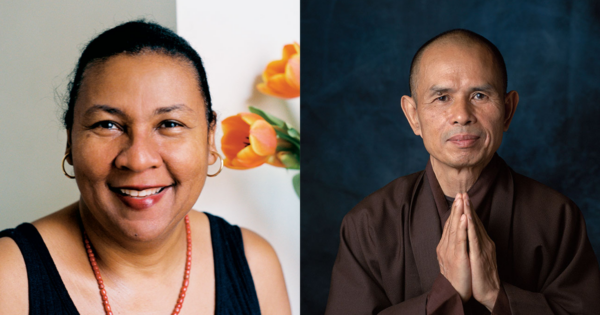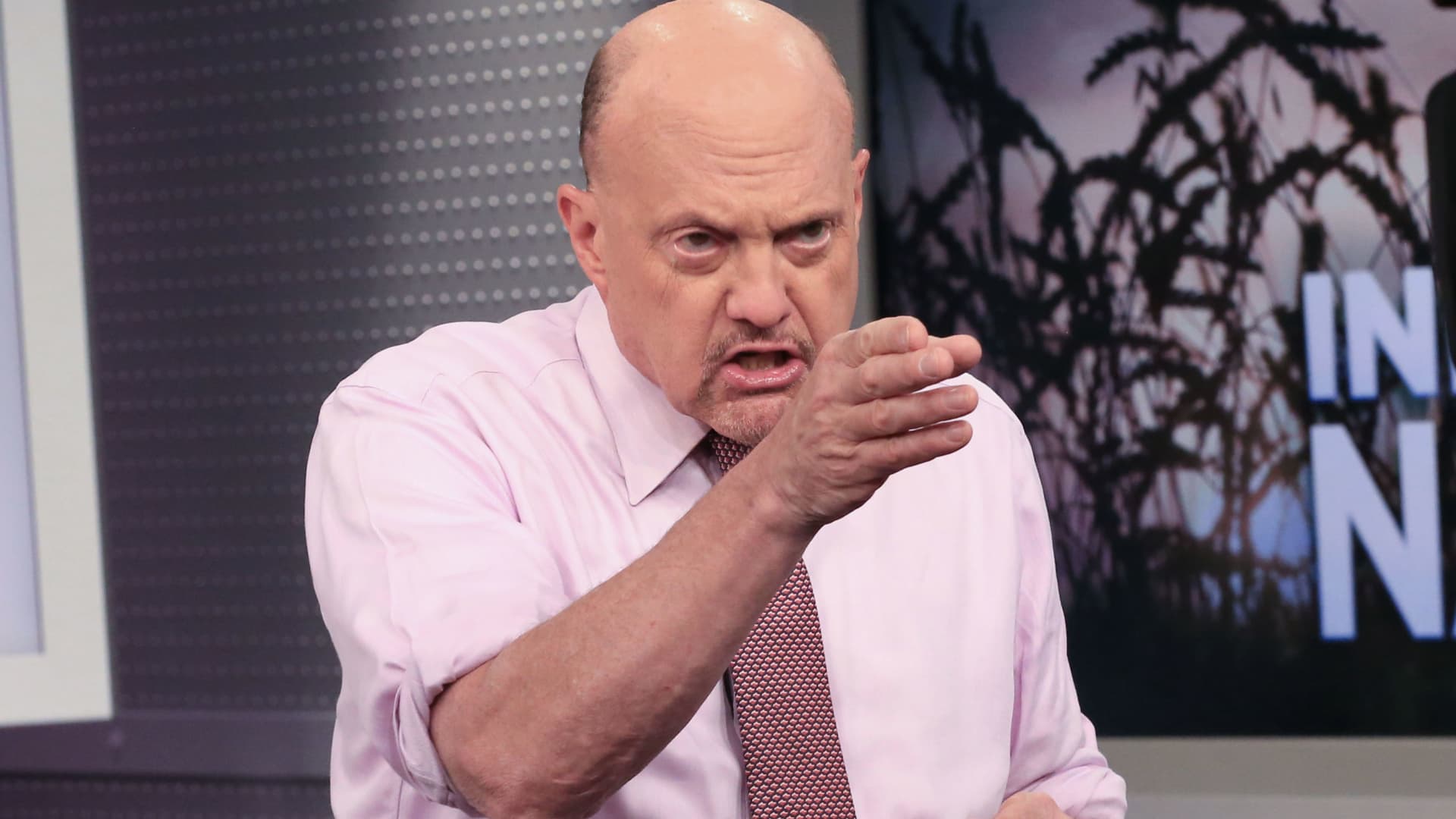‘Miracle’
Wen Yiduo’s poetry plays with classical conventions and articulates the need for new poetic forms. The post ‘Miracle’ appeared first on Tricycle: The Buddhist Review.
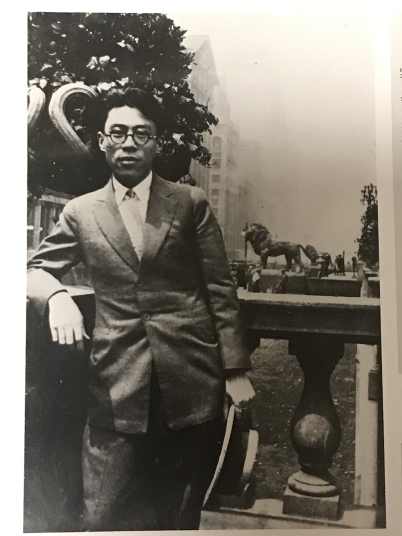
Wen Yiduo’s poetry plays with classical conventions and articulates the need for new poetic forms.
A poem by Wen Yiduo translated by Arthur Sze Apr 14, 2024 Wen Yiduo in Chicago in 1922/1923. Photo courtesy of Beijing Review.
Wen Yiduo in Chicago in 1922/1923. Photo courtesy of Beijing Review. Unlike many contemporary American poets, Pulitzer Prize finalist Arthur Sze did not attend a traditional MFA program to learn to write poetry. Instead, he turned to translation to hone his craft. His latest collection, The Silk Dragon II: Translations of Chinese Poetry, compiles fifty years of his translations, illustrating the vitality and versatility of the Chinese poetic tradition across nearly two millennia. The collection is unique in bringing together classical and vernacular Chinese poetry in the same volume, and it includes several poems by the Chinese Modernist master Wen Yiduo (1899–1946).
A pivotal figure in modern Chinese poetry, Wen was one the first poets to reject classical Chinese and write in the vernacular. “He knew the classical tradition of Chinese poetry beautifully,” Sze told Tricycle’s editor-in-chief, James Shaheen, “yet he thought that China needed a different kind of poetry.” Experimenting with the structures and rhythms of classical poetry, Wen established new poetic conventions that he felt were more appropriate to the realities of 20th-century Chinese life. In the 1930s, he became more politically active in response to the crises of his time, and in 1946, he was assassinated after denouncing the Guomindang government at a political demonstration.
Read a poem by Wen Yiduo below, and then listen to Sze discuss his life and work on a recent episode of Tricycle Talks.
***
Miracle
By Wen Yiduo
I never wanted the red of fire, the black at midnight
of the Peach Blossom Pool, the mournful melody of the pipa,
or the fragrance of roses. I never loved the stern
pride of the leopard, and no white dove ever had
the beauty I craved. I never wanted any of these things,
but their crystallization—a miracle ten thousand
times more rare than them all! But I am famished and harried.
I cannot go without nourishment: even if it is
dregs and chaff, I still have to beg for it. Heaven knows
I do not wish to be like this. I am by no means
so stubborn or stupid. I am simply tired of waiting,
tired of waiting for the miracle to arrive; and
I dare not starve. Ah, who doesn’t know of how little worth
is a tree full of singing cicadas, a jug of turbid wine,
or smoky mountain peaks, bright ravines, stars
glittering in the empty sky? It is all so ordinary,
so inexorably dull, and it isn’t worth our ecstatic joy,
our crying out the most moving names, or the
longing to cast gold letters and put them in a song.
I also affirm that to let tears come
at the song of an oriole is trivial, ridiculous,
and a waste of time. But who knows? I cannot be otherwise.
I am so famished and harried I take lamb’s-quarters
and wild hyssop for fine grain—
but there’s no harm
in speaking clearly as long as the miracle appears.
Then at once I will cast off the ordinary. I will never
again gaze at a frosted leaf and dream of a spring blossom’s
dazzle. I will not waste my strength, peel open
stones, and demand the warmth of white jade.
Give me one miracle, and I will never again whip ugliness,
and compel it to give up the meaning of its
opposite. Actually, I am weary of all this,
and these strained implications are hard to explain.
All I want is one clear word flashing like a Buddhist relic
with fierce light. I want it whole, complete,
shining in full face. I am by no means so stubborn
or stupid; but I cannot see a round fan without
seeing behind it an immortal face. So,
I will wait as many incarnations as it takes—
since I’ve made a vow. I don’t know how many
incarnations have already passed; but I’ll wait
and wait, quietly, for the miracle to arrive.
That day must come! Let lightning strike me,
volcanoes destroy me. Let all hell rise up and crush me!
Am I terrified? No, no wind will blow out
the light in me. I only wish my cast-off body
would turn into ashes. And so what? That, that minutest
fraction of time is a minutest fraction of—
ah, an extraordinary gust, a divine and stellar hush
(sun, moon, and spin of all stars stopped;
time stopped, too)—the most perfectly round peace.
I hear the sound of the door pivoting: and with it
the rustling of a skirt. That is a miracle.
And in the space of a half-open gold door,
you are crowned with a circle of light!
⧫
“Miracle” by Wen Yiduo, translated by Arthur Sze. From The Silk Dragon II, copyright 2024 by Arthur Sze, used by permission of Copper Canyon Press, www.coppercanyonpress.org.
![]()
Thank you for subscribing to Tricycle! As a nonprofit, we depend on readers like you to keep Buddhist teachings and practices widely available.
This article is only for Subscribers!
Subscribe now to read this article and get immediate access to everything else.
Already a subscriber? Log in.

 ShanonG
ShanonG 







![Trading Journal: 5 Most Efficient Ones Analyzed [2021]](https://www.dumblittleman.com/wp-content/uploads/2021/10/Best-Investment-Newsletter-8.png)
